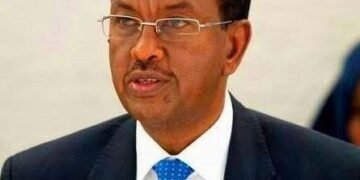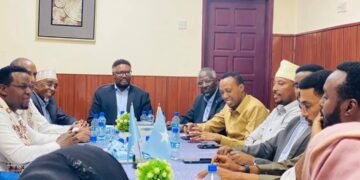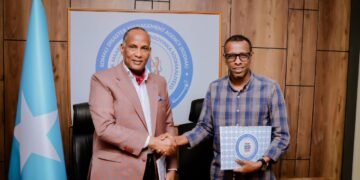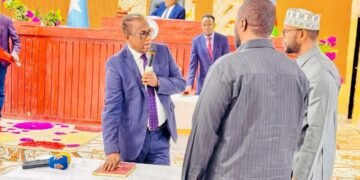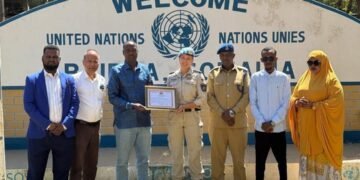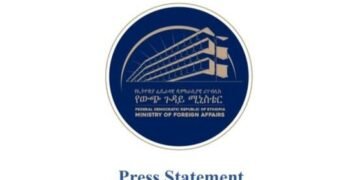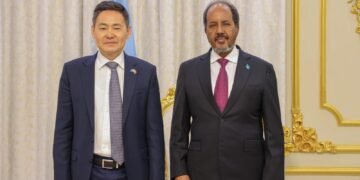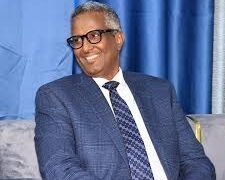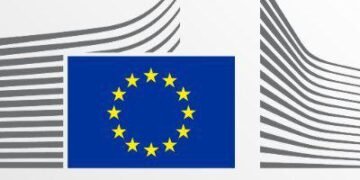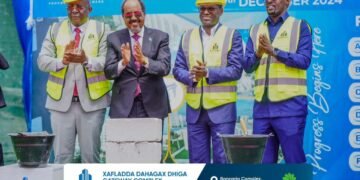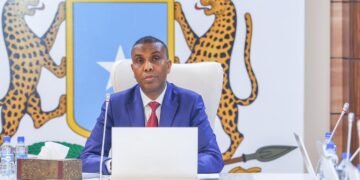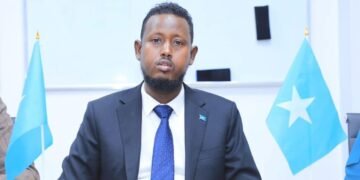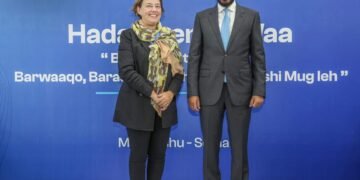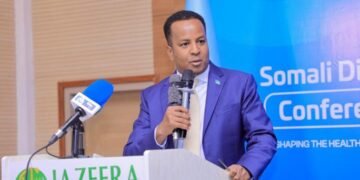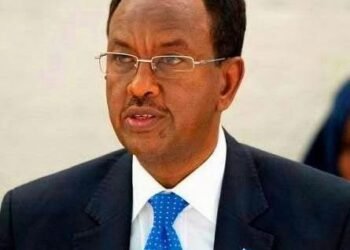Mogadishu, Somalia – November 23, 2024: In a historic move, the Parliament of the Federal Republic of Somalia has officially approved the National Electoral Law, a key step towards ensuring a more organized and transparent electoral process. The approval came during the tenth joint meeting of the two chambers of Parliament, held at the House of the People’s Assembly in Mogadishu.
The session was presided over by the Speaker of the People’s Assembly, Sheikh Adan Madoobe, and began with a quorum of 172 Members of Parliament (MPs). After the swearing-in of a new MP, the Parliament moved to review the third reading of the National Electoral Law, which had been meticulously prepared by a special committee. The report on the law was presented by MP Mahdi Mohamed Guled, Chairman of the Temporary Committee tasked with formulating the electoral rules, establishing the electoral commission, and defining electoral boundaries.
The law was approved following a vote, with 169 MPs in favor, two MPs opposed, and one MP abstaining. The bill, which aims to bring clarity and structure to Somalia’s electoral processes, has been hailed as a significant step towards the country’s political stability.
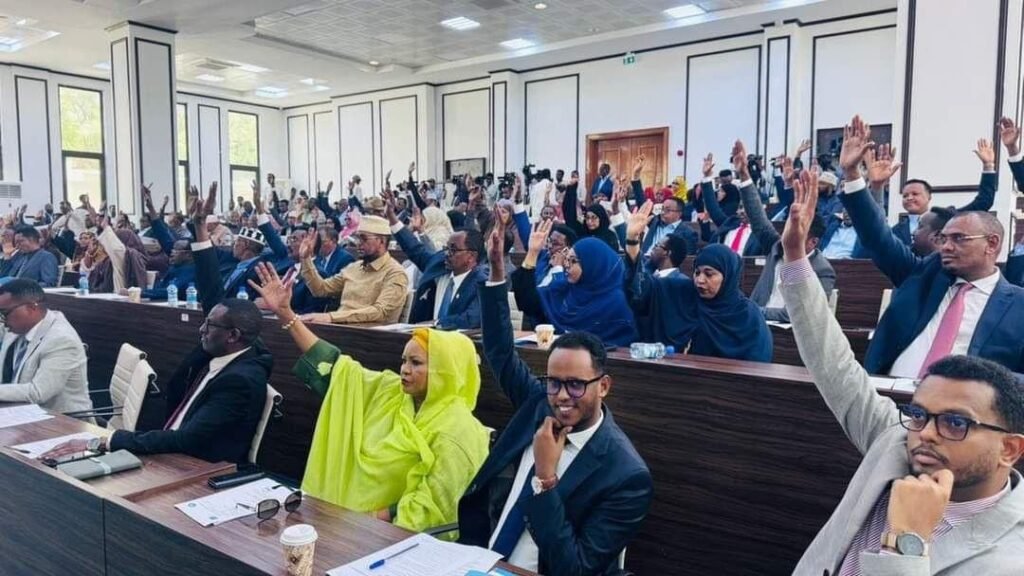
Minister of Interior, Federal and Reconciliation, Mr. Ali Yusuf Ali (Hoosh), expressed gratitude to the MPs for their support of the National Electoral Bill, emphasizing its importance for Somalia’s democratic future. He praised the commitment of Parliament in laying the foundation for free, fair, and credible elections.
Speaker Madoobe, who closed the session, also commended the MPs for their crucial role in approving the law, alongside other significant legislative measures that are expected to pave the way for a more inclusive political process in Somalia.
However, the passage of the law comes at a time of tension between the Federal Government and two of Somalia’s semi-autonomous states, Jubaland and Puntland. Both regions have rejected the Federal Government’s proposed electoral process, advocating for the immediate implementation of direct elections. Jubaland, in particular, has already begun preparations for an indirect election to choose its leaders for the next term, further complicating the national political landscape.
The approval of the National Electoral Law is a key moment for Somalia as it seeks to strengthen its democratic institutions, despite ongoing regional disagreements over the method of elections. The coming months will be crucial as the country navigates these challenges on the road to achieving a free and fair electoral process.


